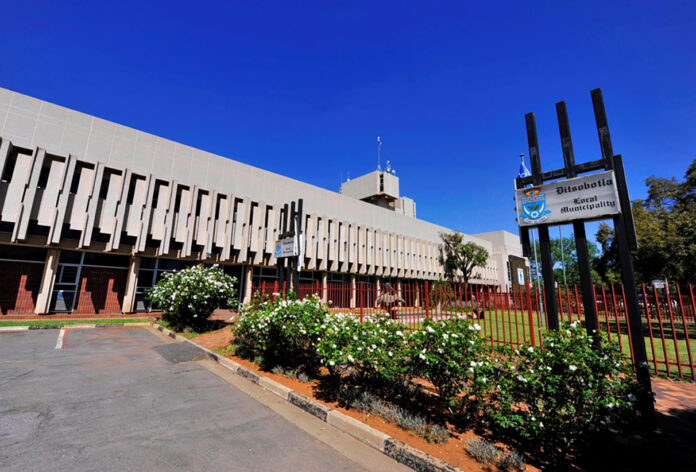The troubled Lichtenburg-based Ditsobotla local municipality in the North West province has suffered another financial setback after the North West High Court ordered it to pay higher legal costs, adding to its list of financial woes.
This came after its legal counsel, Morathi & Mataka Attorneys, dropped the case a few days before the hearing due to non-payment of fees.
The municipality has recently encountered several legal and administrative challenges, including public criticism over governance and service delivery.
A series of service delivery protests have been reported, and big companies like Clover have relocated from the area, a move that has left thousands of people unemployed.
The court case centred around a contract signed in September 2021 by Kawo Construction and the Ditsobotla Local Municipality for road rehabilitation in Lichtenburg and Burgersdorp.
The municipality questioned the legality of the service level agreement, resulting in several legal challenges.
However, rather than advancing with arguments on March 24, the court postponed part of the application, which deals with the cancellation of a previous court order, to August 21, 2025, and placed it on the opposed motion roll.
The court heard that on March 9, the municipality’s legal representative, Raphepheng Mataka, wrote to the municipality, drawing its attention to the date of the hearing and complaining that there were outstanding invoices that needed to be paid beforehand and that they would be unable to continue representing the municipality until all outstanding invoices were paid.
The departure of the counsel left the municipality unprepared, leaving it with no choice but to appoint another attorney, who asked the court for extra time to familiarise itself with the case.
Adding to the municipality’s problems, the court ordered Ditsobotla local municipality to pay the costs of the postponement on an attorney-and-client basis, which means the expenses will be higher and more punitive than on a standard scale.
The costs, the court ruled, were taxable immediately.
On October 11, 2022, the court released an order that allowed Kawo Construction to attach and remove municipal assets.
The municipality interdicted it, and on May 30, 2023, the court granted an urgent interdict preventing Kawo Construction from selling the attached municipal goods and ordered their return.
The order also called for an investigation into the conduct of senior staff members at the
municipality involved in the contract’s conclusion.
Kawo Construction, in turn, applied for the order to be reconsidered, arguing that it was entitled to execute the writ based on a valid court ruling.
At that time the court dismissed Kawo Construction’s application, finding that the municipality was justified in seeking to halt execution while its rescission application against the initial 2022 ruling was still pending.
The court emphasised the importance of maintaining judicial integrity, stating that allowing execution to proceed amid a legal challenge could undermine the rule of law.
The court’s order to investigate Morathi & Mataka Attorneys’ conduct is a significant development in the proceedings.
The court said it would direct the registrar to forward the order and reasons to the Legal Practice Council for review.
When the case returns, the municipality will attempt to have the initial ruling reversed.
The case remains ongoing, and Part B of the municipality’s application to revoke the 2022 order has yet to be determined.



